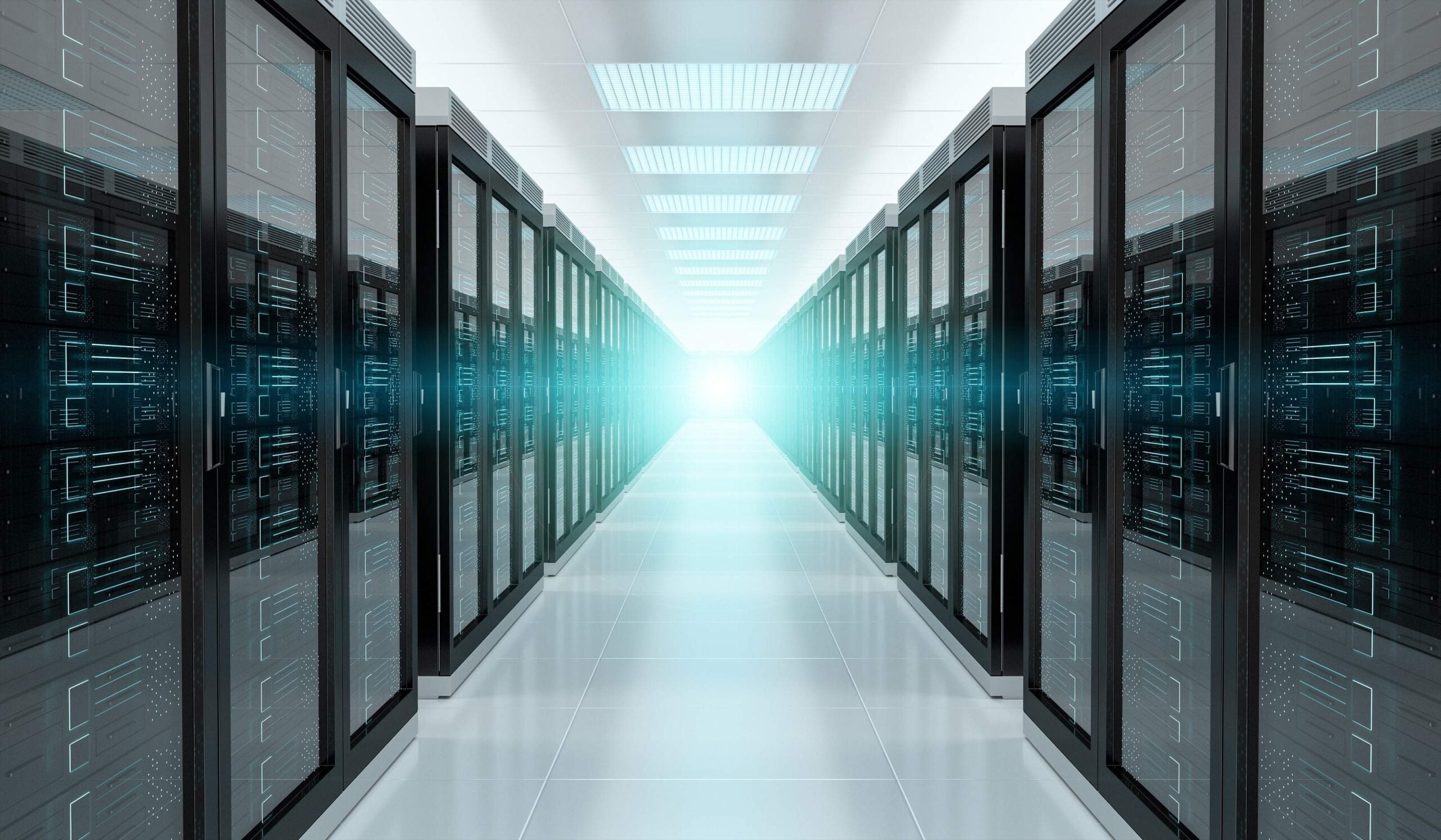
China has been crowned top of the supercomputers list, overtaking the US for the first time ever.
The country is now home to 202 supercomputer systems, according to the Top500 rankings. This is an increase of 42 systems over the past six months when the US was leading with 169 systems.

Access deeper industry intelligence
Experience unmatched clarity with a single platform that combines unique data, AI, and human expertise.
As well as an increase in machines, China has also become the top performer. It now claims 35.4 percent of the Top500 flops. By contrast, the US has been relegated to second place with 29.6 percent.
A flop is a step in a calculation, the amount of operations that can be performed per second. A petaflop is one thousand trillion floating point operations per second.
Here are the top five countries with the most supercomputers
1. China: 202 supercomputers – the biggest supercomputer is Sunway TahiuLight with a ranking of 93.01 petaflops
2. US: 143 supercomputers – the highest performing US supercomputer is Titan, with a ranking of 17.5 petaflops

US Tariffs are shifting - will you react or anticipate?
Don’t let policy changes catch you off guard. Stay proactive with real-time data and expert analysis.
By GlobalData3. Japan: 35 supercomputers – Japan’s biggest supercomputer, Gyokou, is at the Japan Agency for Marine-Earth Science and Technology
4. Germany: 20 supercomputers – the highest performing Germany supercomputer is HLRS, with a ranking of 5.6 petaflops
5. France: 18 supercomputers – France’s top supercomputer is owned by Total, one of the top seven oil and gas companies in the world
Why is China top in supercomputers?
Supercomputers are a specific type of classical computers with massive computing power.
They consist of tens of thousands of processors so they can perform billions of calculations per second. For instance, IBM Watson, IBM’s artificial intelligence system, is a supercomputer.
Watson is used for things such as cancer diagnoses, gene and drug discovery and to fight cyber attacks.
China’s new place at the top of the list is a signal of how much the country is spending on research and development (R&D).
The number one supercomputer, Sunway TaihuLight, is a system developed by China’s National Research Centre of Parallel Computer Engineering and Technology (NRCPC). Scientific exploration is a major aspect of supercomputing.
How do supercomputers compare to quantum computers?
Microsoft, IBM and Google are some of the companies in the race to build the first fully-functioning quantum computer.
Once we have workable quantum computers that achieve quantum supremacy, the point at which quantum computers can do things a classical computer wouldn’t be able to do, quantum machines will overtake today’s supercomputers by a long shot.
At the moment, a quantum computer with 40 qubits is around 16 terabytes (TB). A calculation using this machine would take seconds on a supercomputer.
But quantum computers can scale exponentially, so when we a quantum computer with 256 qubits for example, a calculation on this machine would take light years on a supercomputer, according to Microsoft.
However, we’re a long way from achieving quantum computers of this size, due to the difficulties surrounding the development of suitable qubits.







